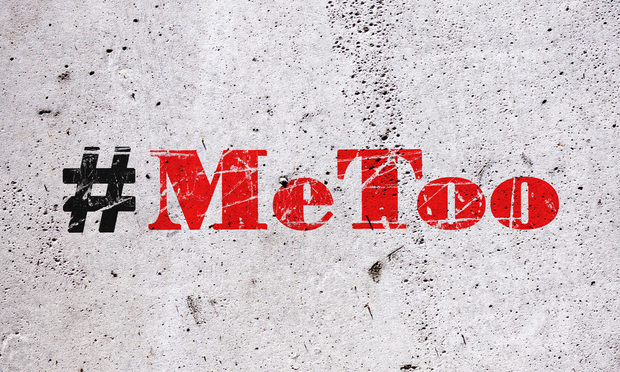In a movement that began after the The New York Times and The New Yorker broke the news that Harvey Weinstein allegedly sexually assaulted dozens of women, victims began speaking out publicly against their own abusers. The accusations resulted in prominent figures—in politics, entertainment, journalism and music—losing their jobs and facing potential financial exposure for their alleged actions. The #MeToo and Time’s Up movements generated a juggernaut of dialogue about these important issues and even pervaded the recent Golden Globes presentation. New allegations surface weekly and will likely continue to impact families.
This article explores how a practitioner should handle what will almost certainly be considered by anyone facing private or public disclosure of workplace sexual misconduct committed by their spouse. Ultimately, these disclosures will drive the question of whether to divorce or not divorce. Abusers are no longer escaping scrutiny and settling the matter confidentially. These individuals are now more likely to be immediately terminated and could even face legal civil or criminal action which would undoubtedly have severe financial consequences to the family. In light of the rapidly changing times, it may not be a financially prudent decision for a wife to “stand by her man”—especially if she is the supported spouse. Consequently, when consulting with a client contemplating divorce due to accusations against her spouse as a result of sexual misconduct or abuse to another, it is important to advise the client of her rights in today’s climate. Three major components of a divorce could be affected: equitable distribution, alimony and child support.


 Cebas
Cebas




